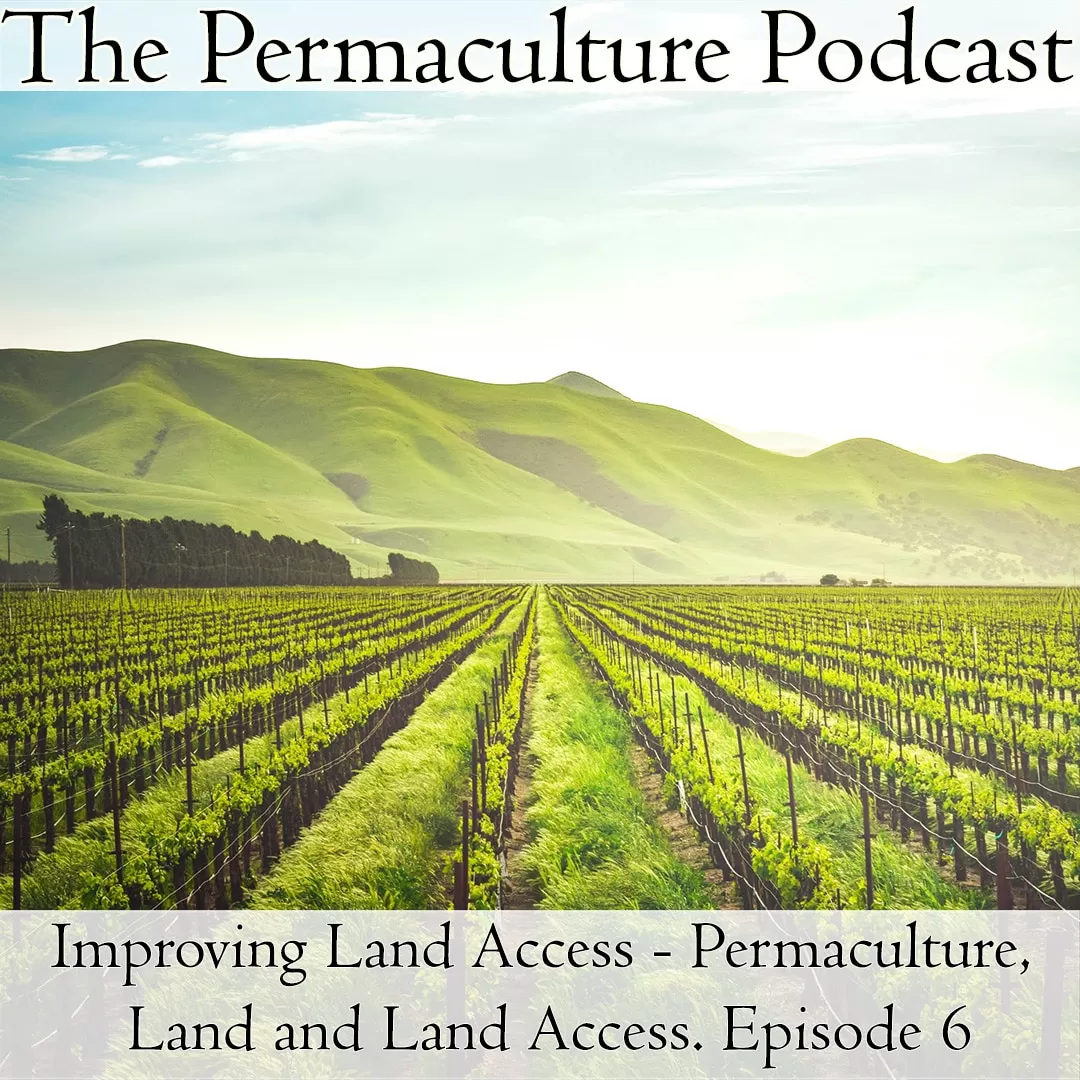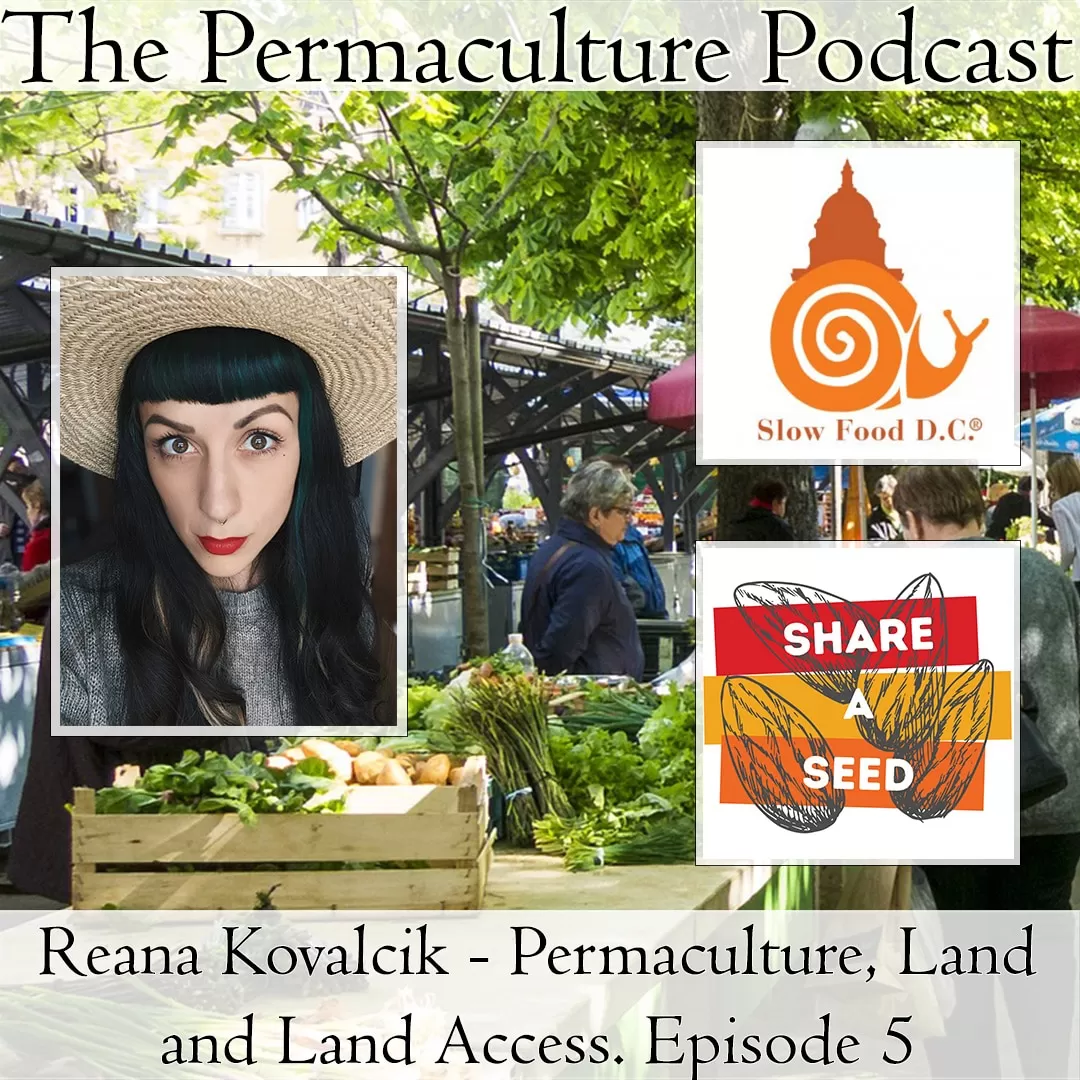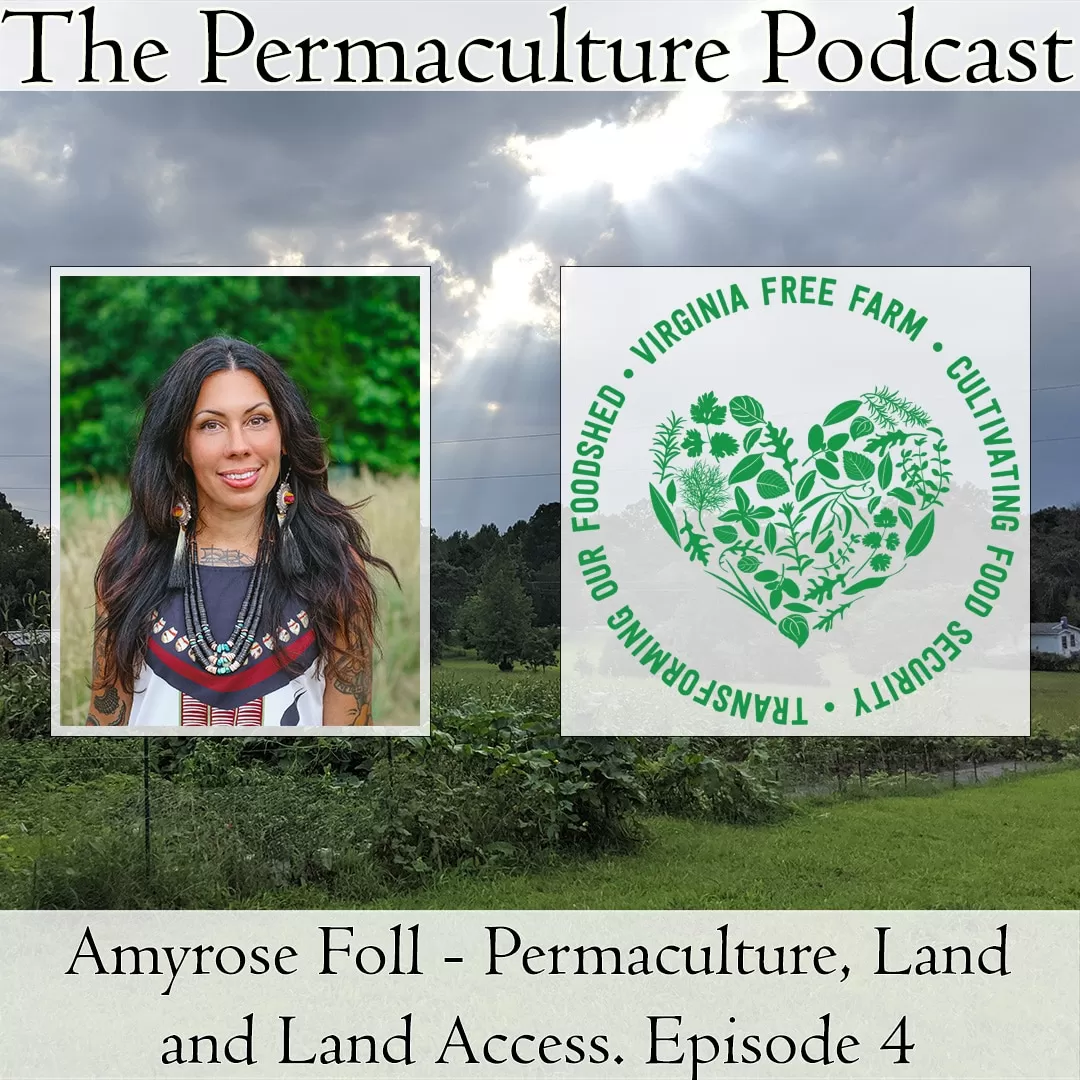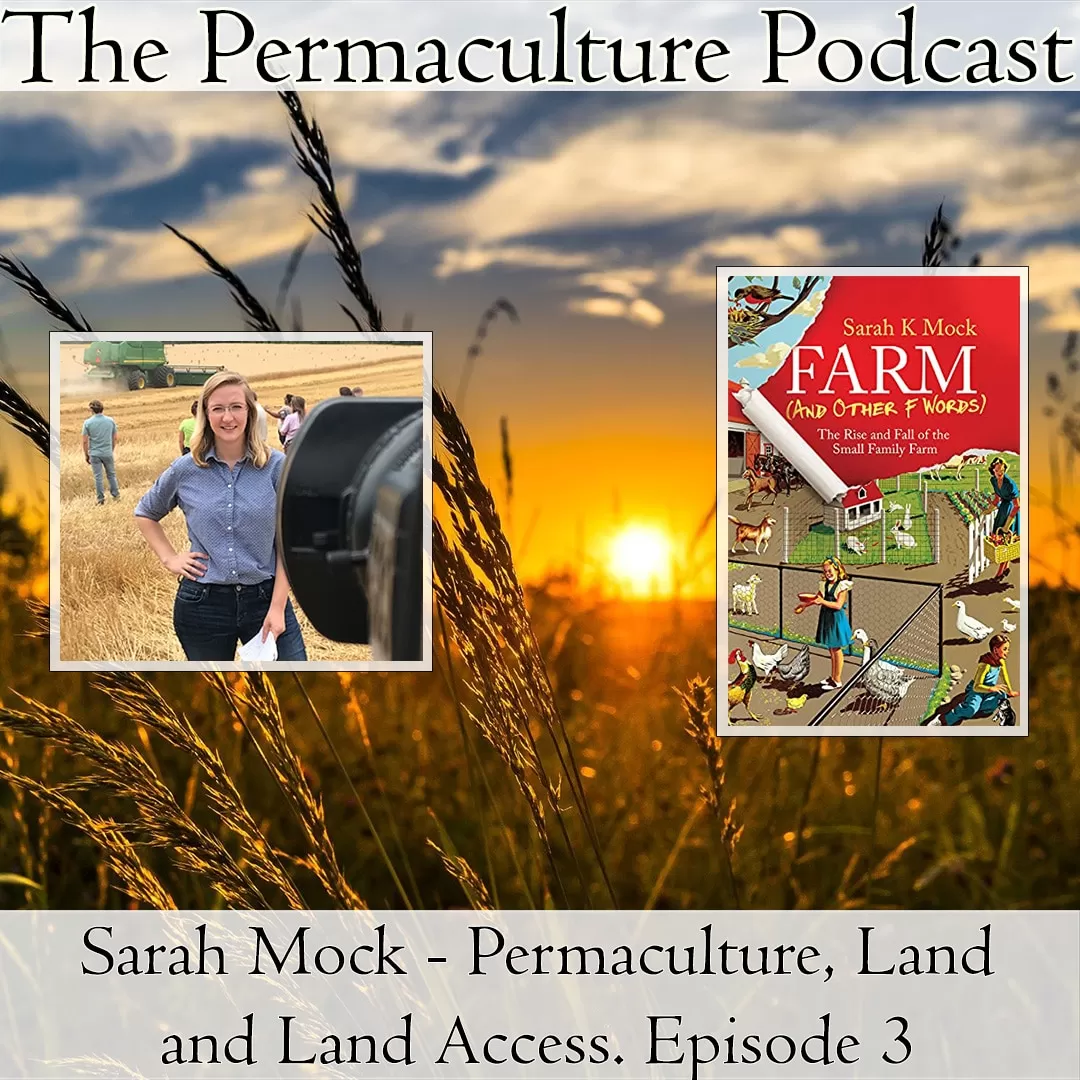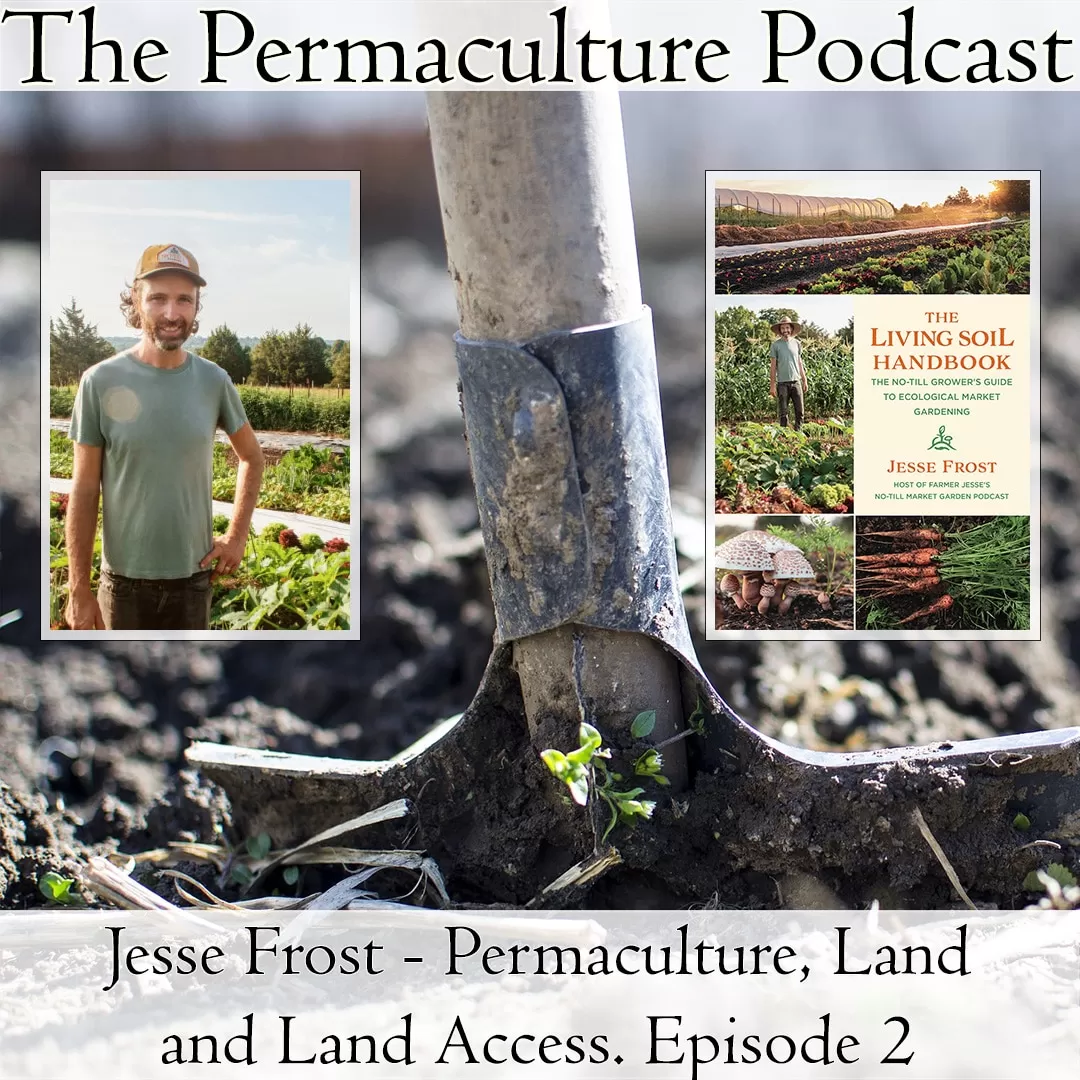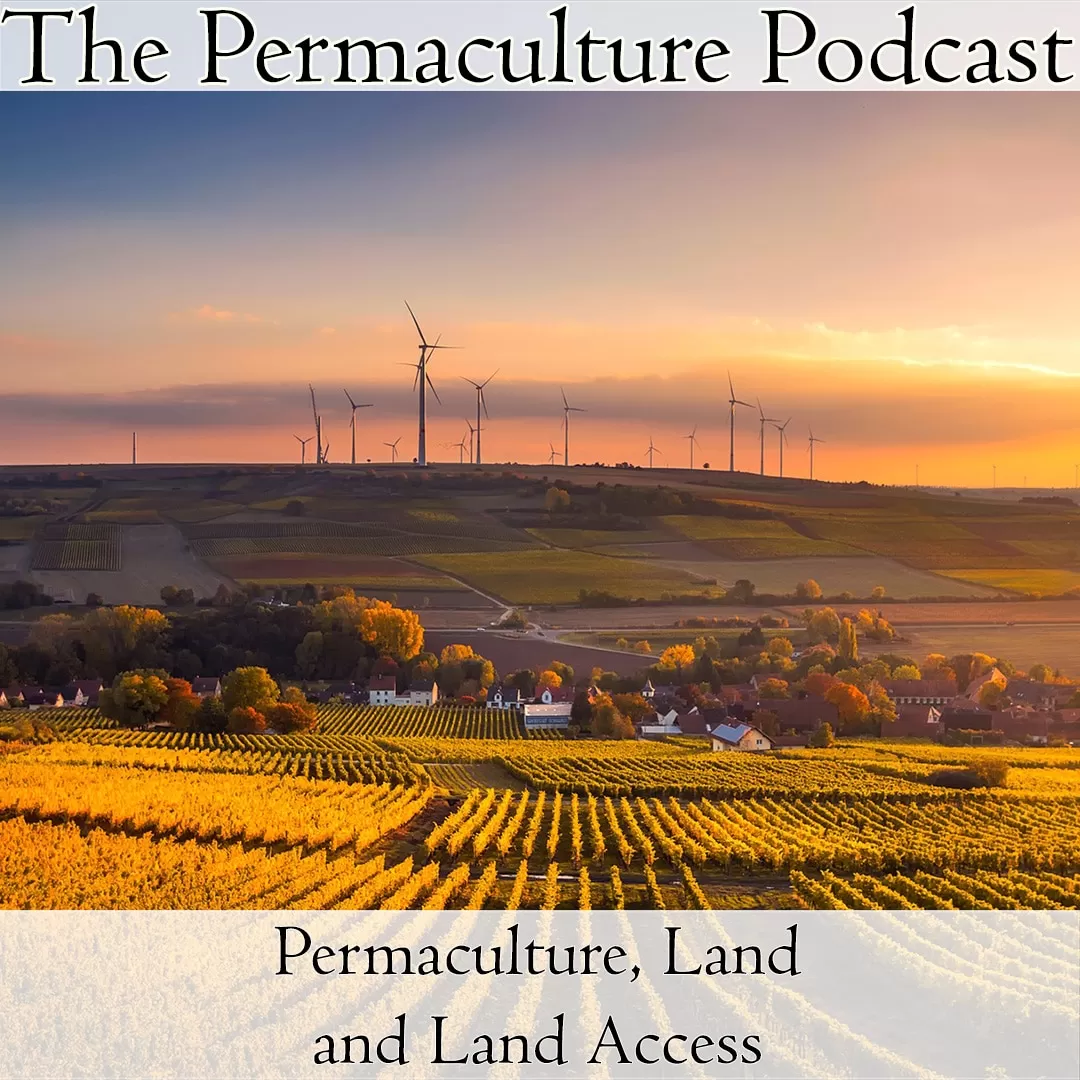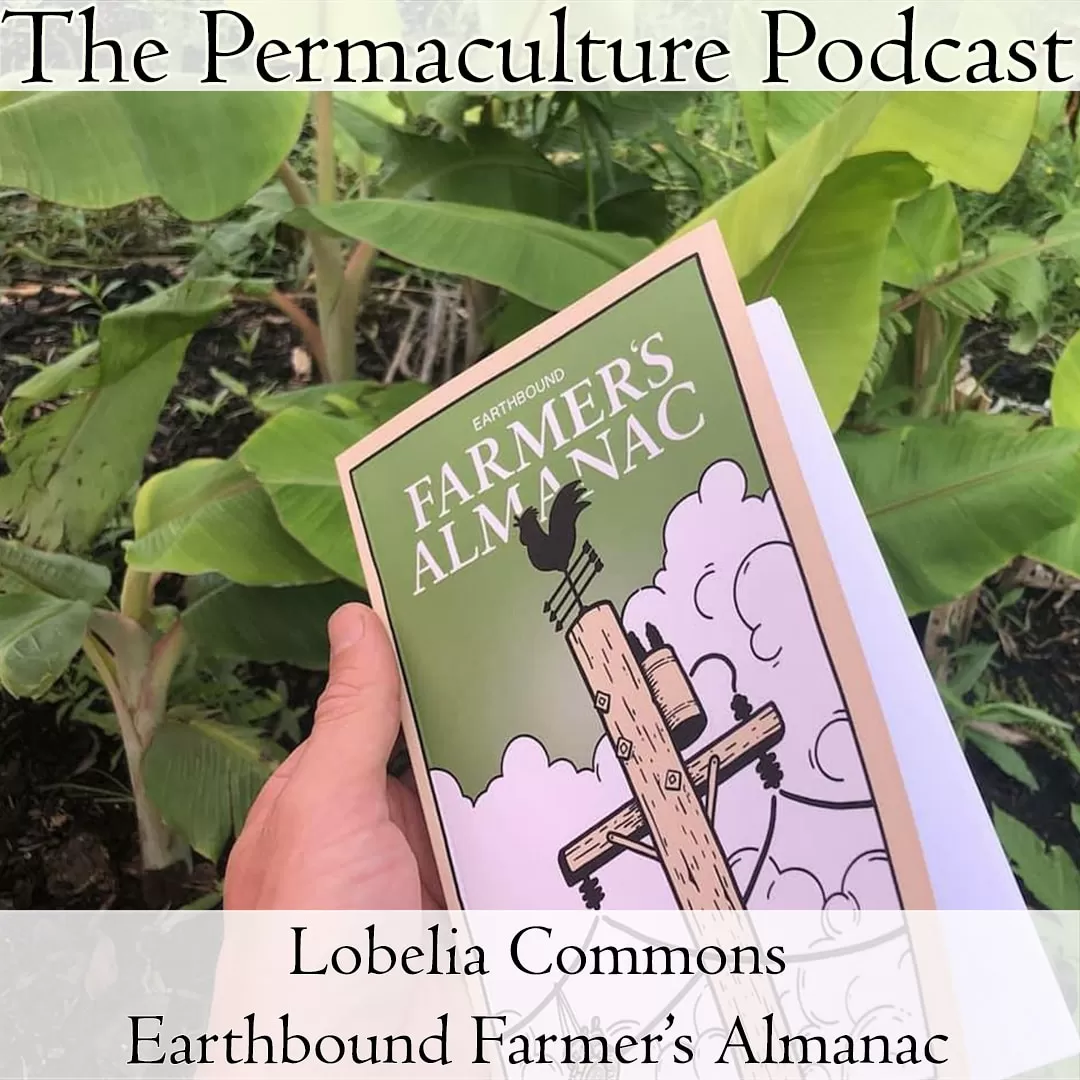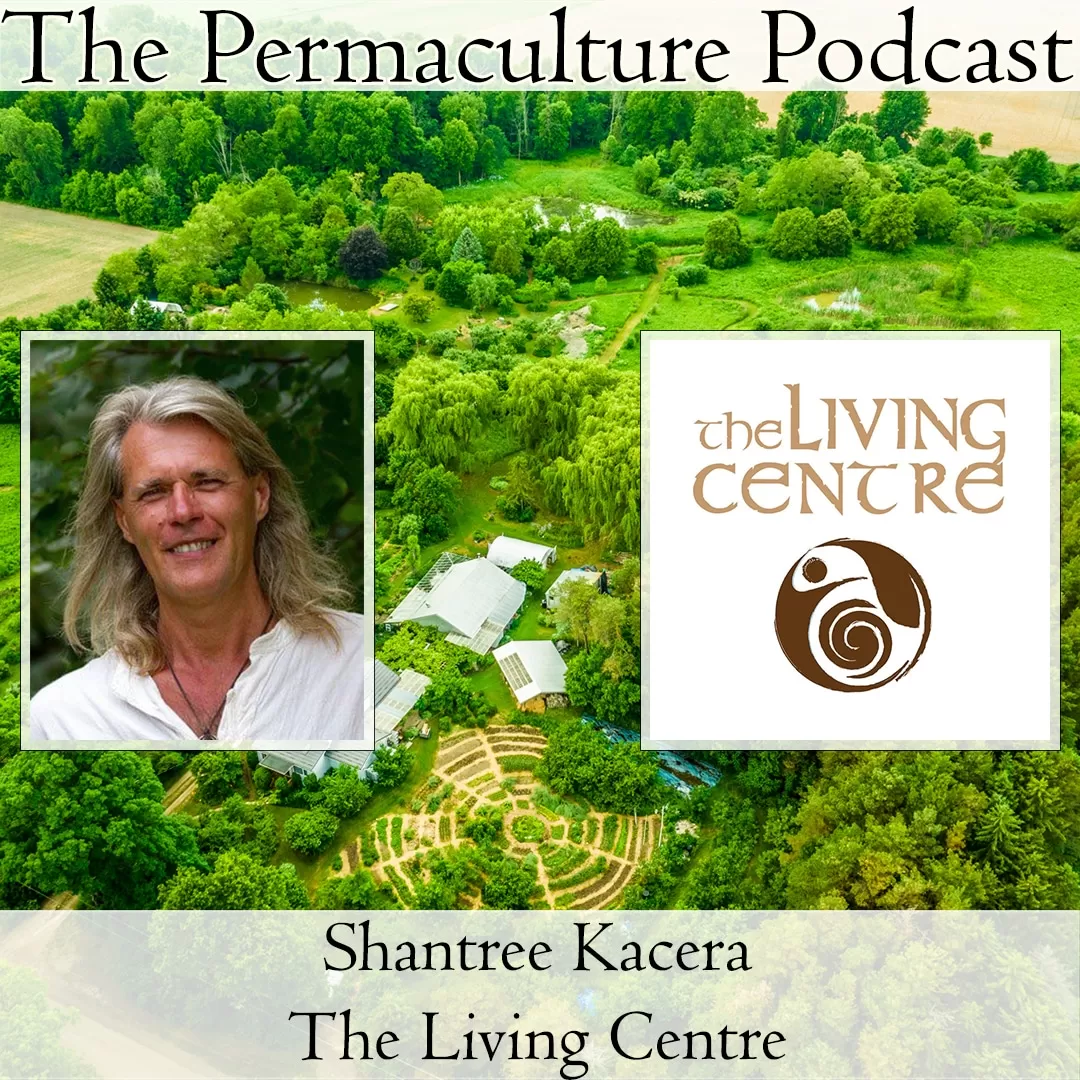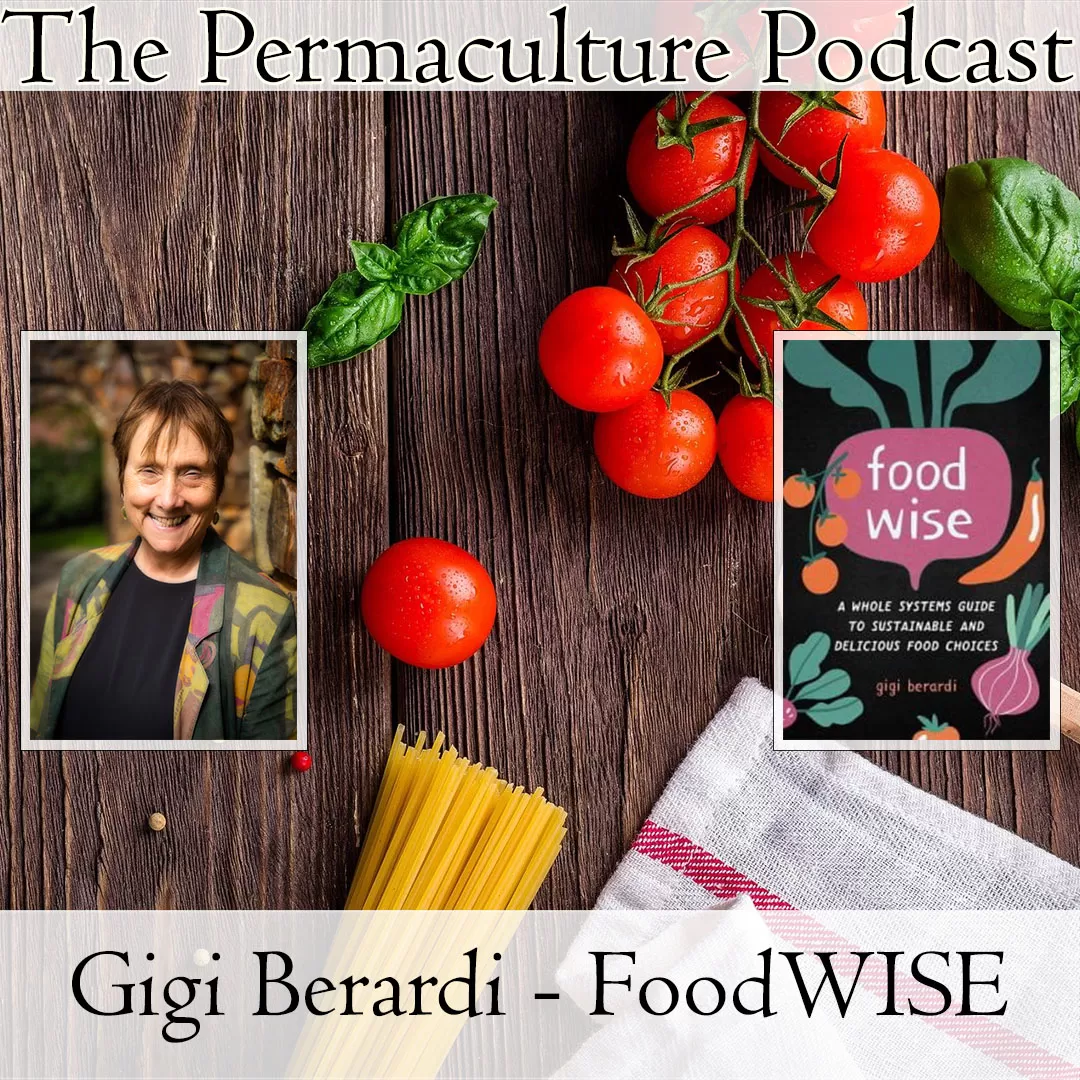From my conversations with listeners over the years, I know many of you are in a similar situation, so here is a series on what we can do, without land, to practice permaculture where we are, in our homes and among smaller green spaces, while supporting growers in cities and periurban places.
If you do own land where you farm or practice permaculture, there’s a lot for you to learn as well.
Listen to understand how to care for the ground beneath your feet in the interview with Jesse Frost. Sarah K. Mock dives into the systemic problems at play that limit profitability in agriculture. Learn about how farmers give back to their communities and support food access with Amyrose Foll, while in the final interview, Reana Kovalcik shares how to get food, plants, and seeds where they’re needed through community partnerships and mutual aid.
In addition to those four interviews and this introduction, in episode six of this seven-part series, you’ll hear each of those guests address the question of how to improve land access for people who want to grow food where people live. Episode eight, similar to this beginning, serves as the bookend, with my final thoughts on this series and what we learned, as well as a large section of resources and organizations to explore and connect with if you’d like to take your journey of land, agriculture, and access, further. This series runs through the month of November.
As you’ll be hearing from Jesse, Sarah, Amyrose, and Reana, in the weeks ahead, here is a bit of their biography and background, and my interest in having them join me.
Jesse Frost’s interest in farming began in the late 2000s because of wine. He was working in a wine shop in NYC that specializes in small-scale, artisanal, certified-organic, biodynamic wineries. After visiting some of those farms around the world he returned to his home state of Kentucky to start his life as a farmer with a two-year on-farm internship. He and his wife, Hannah Crabtree, now live in central Kentucky and farm using no-till practices on certified organic soil with a focus on intensive methods.
I discovered Jesse because of his recently released book The Living Soil Handbook from Chelsea Green Publishing. Learning more about him and his practices, I discovered that, though he’s worked on farms of a variety of sizes, his current farm, Rough Draft Farmstead, is under five acres in production, something more attainable for those of us in and around cities, and for us to hear about the experiences of someone who farms on the smaller-scale in a suburban location, rather than a rural setting, and who makes their on-farm living by selling to farmer’s markets.
What Jesse spoke to during our interview, particularly his answer to the question on land access, opened up my thoughts on Landcare and growing food into the broader perspective which this series became.
Sarah K. Mock is an agricultural journalist and the author of Farm (and Other F Words). Sarah grew up on a small family farm in Wyoming while participating in 4H and FHA, and began her personal foray into agriculture at the age of 13 when she wanted her own dairy goat operation. Her father said he would loan her the money if she wrote a business plan.
In speaking with dairy goat farmers and reading all the books in the library on farming, homesteading, and goats, available, when Sarah started putting the numbers down on the page for her plan, something didn’t add up. Knowing she was only responsible for the goats and their overhead, not rent or facilities, she couldn’t find a way to make her operation profitable. This experience drew Sarah deeper into her appreciation for the agricultural lifestyle while also recognizing there was an economic mystery at play that didn’t make sense.
Leaving college, Sarah spent several years searching for the solution to this conundrum of farm profitability before turning to journalism as the way to work and be paid to find answers to big these problems. Starting out with a national news organization covering Congress, the White House, and USDA as an agriculture and rural issues reporter, she went freelance in 2019.
I began following Sarah on Twitter after seeing people quote-tweet her comments on a series of articles from Chris Newman of Sylvanaqua Farms on race and land access in America. Those posts and her tweets since show a perspective that cares for agriculture and farmers, but not for the myths or everyday narratives we see on the news or hear repeated by politicians and pundits. Her interview gives us the factual realities about farmers farming on a large scale, how that is supported by government policy while eschewing small-scale, regenerative, or permaculture practices, and what we can do to start changing the system.
Amyrose Foll grew up in the woods of Western Pennsylvania foraging and hunting with her father while surrounded by a mother and grandmother who gardened intensively and traded with other community gardeners for what they didn’t have, which inspired her love of plants and growing things. Her farm came about as a legacy of love to cultivate, preserve, and distribute rare and indigenous seed varieties to tribal entities and reservations, and to garden programs, in Virginia and across the United States, so these cultivars would not be lost to climate change. Those beginnings grew into a permutation that now encompasses urban agriculture, food justice, mutual aid, and community fridges.
Her farm, Virginia Free Farm, is a nonprofit with the mission to deliver free nutritious, responsibly produced healthy food to their neighbors in need. She started out distributing food because they had too much and needed to do something with the surplus. They now feed around 500 people directly from the farm, which has inspired a movement in central Virginia that gives food to Food Not Bombs and unhoused communities in the area, while supporting a dozen community gardens, food sovereignty gardens at several Virginia indigenous tribes, as well as working on legislation at the state level for equal access to food for BIPOC communities, urban areas, and food deserts.
This isn’t just giving food away, but also sharing the knowledge, supplies, and resources so that communities and individual families build resilience. When I learned about all of this direct action in practice, in a way that cares for Earth, cares for people, and creates a surplus to return to the community, I had to interview Amyrose, who I discovered as this series was coming together, and she was a perfect fit.
Reana Kovalcik has been in the food and farm world for a decade working in communications and policy. While working for a school food organization in New York City, in 2010 she was pulled into Slow Food NYC on the work there on the Child Nutrition Reauthorization, a legislative package that funds nutrition programs, and later joined the Slow Food NYC policy committee. She relocated to Washington D.C. five or so years ago to work for the National Sustainable Agriculture Coalition on Federal Farm Policy, while continuing her work with Slow Food at the national level and on the local level with Slow Food D.C., where she is the Vice-Chair and Governor. Reana also started the Share a Seed program at the beginning of the pandemic, something we talk more about in her interview.
It was through Share a Seed that I found Reana and reached out to her to talk about that program as another practical approach to get involved in our local community, without needing land or to grow food. Our conversation, which does talk about that as well as the role of the Slow Food movement in food and food access, also continues the thread of mutual aid and how we, each of us, can work directly to increase food security and create food justice.
I’ll include links to each of the guests, their projects, and related resources in the show notes for their individual episodes, and recap all of that in episode seven.
Until the next time, spend each day considering how you came to the land where you currently reside, while taking care of Earth, your self, and each other.
